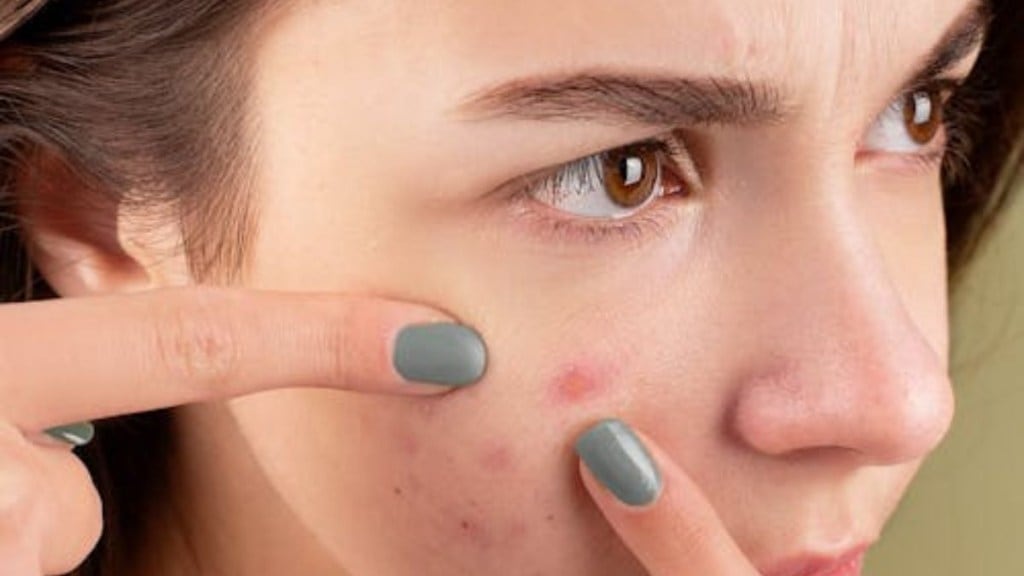Most people think moisturisers, sunscreens, or serums are the key to flawless skin. But experts warn that many skin problems may actually be due to Vitamin D deficiency. Yes, you read that right! Commonly known as the ‘sunshine vitamin,’ Vitamin D not only supports bone strength but also plays a vital role in maintaining skin health.
“Vitamin D is crucial for the skin’s barrier function and immune response,” says Dr. Sandeep Arora, Dermatologist at Apollo Spectra Hospital, Chirag Enclave, Delhi. “A deficiency can trigger chronic skin conditions like eczema, psoriasis, acne, and even delay wound healing,” he further adds.
Why Vitamin D matters for your skin
Vitamin D is more than just a vitamin, as it acts like a hormone in the body. According to the World Health Organization (WHO), it helps regulate the immune system and inflammation, both of which are critical for keeping skin healthy.
Research published in the Journal of Investigative Dermatology found that people with low Vitamin D levels were more likely to develop inflammatory skin conditions. Another study in the British Journal of Dermatology revealed that Vitamin D supplementation helped improve symptoms in patients with psoriasis.
“Vitamin D helps modulate inflammation and supports the skin’s natural regeneration process,” explains Dr. Arora. “Without it, the skin is prone to dryness, redness, irritation, and frequent flare-ups,” he further adds.
Why Vitamin D deficiency is so common
Despite living in a country like India with plenty of sunlight, Vitamin D deficiency is widespread. The Indian Council of Medical Research (ICMR) estimates that up to 70–90 per cent of Indians are deficient.
“Many of us spend most of our time indoors, working in offices, studying, or staying in air-conditioned rooms. This drastically reduces sun exposure,” says Dr. Arora. Pollution, darker skin tone (which naturally reduces Vitamin D absorption), and limited dietary sources add to the problem.
Even with a balanced diet, getting enough Vitamin D from food alone is difficult. While foods like fatty fish, egg yolks, and fortified dairy help, they usually don’t meet the daily requirement.
How to know if you’re Vitamin D deficient
A simple blood test can confirm Vitamin D levels. The US Centers for Disease Control and Prevention (CDC) recommends that levels below 20 ng/mL are considered deficient, while optimal levels range between 30–50 ng/mL.
“Patients often come to me with persistent skin issues that don’t respond to regular treatments,” shares Dr. Arora. “In many cases, checking and increasing Vitamin D levels makes a visible difference in their skin health,” he said.
How to increase Vitamin D levels? Expert answers
If you suspect a deficiency, Dr. Arora suggests spending 15–20 minutes in the morning sun a few times a week, consuming Vitamin D-rich foods, or taking supplements under medical supervision.
“Despite your best efforts with skincare routines, if problems like dryness, acne, or psoriasis continue, it’s not always about what you apply on your skin,” Dr. Arora explains. “Sometimes, the missing element is Vitamin D,” he said.







